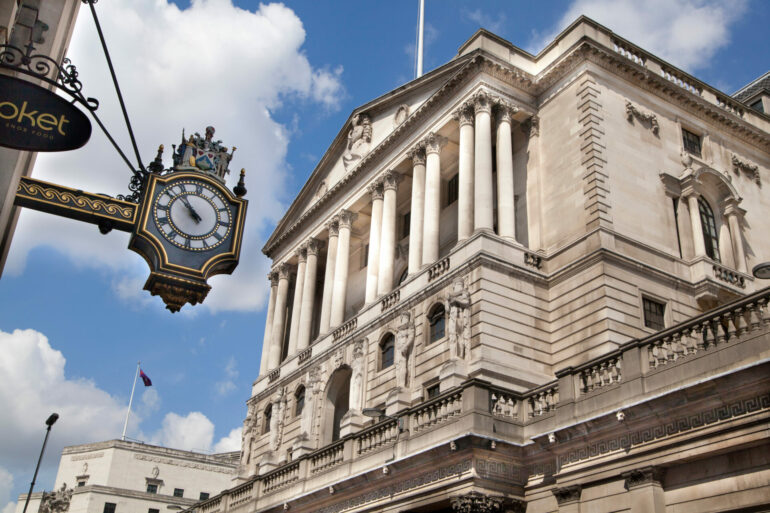These are anti-goldilocks jobs figures, with wage rises running too hot for the Bank of England’s liking, and the market cooling off far too fast to offer any certainty over jobs.
It’s likely to mean both that interest rate rises are on the cards, and that more interest rate rises could well exacerbate growing weakness in the jobs market. Meanwhile, retirees and carers trudged back into work, as rising prices made it harder to make ends meet.
Wage rises will ring alarm bells for the Bank of England. Pay growth for the private sector was 7.7%, which is the largest growth seen outside the pandemic period. Meanwhile pay growth for the public sector hit a 20-year high of 5.8%. The Bank will be concerned that pay rises will raise demand and feed inflation. It means more interest rate rises are likely to be on the cards.
Somehow, pay is simultaneously too high for the Bank of England’s liking, and yet too low to keep up with inflation. After CPIH inflation, real total pay (including bonuses) fell 1.2% and real regular pay (excluding bonuses) fell 0.8%. Wages are closing in on inflation, but we’re still poorer with each passing month.
Weakness emerges
The Bank of England will also be watching for signs of economic weakness, and there are plenty of them in the employment figures. Overall employment rose, but full-time employment fell – as did newer jobs figures for April. Vacancies were also down – marking a complete year of falling vacancies. These are clear signs of a lack of confidence in the economy and an unwillingness to invest in staff.
Unemployment numbers have also risen, along with redundancies. It takes a while for weakness in the economy to filter into jobs figures, but there’s a risk that this is what we’re seeing now. With more bad news on interest rates in the pipeline, there’s a risk this could be the first of many worrying pieces of data emerging about jobs over the coming months.
Retirees return to work
The fall in the inactivity rate was driven by a drop in those who said they were inactive because of retirement and those who said they were looking after the home and family. The returners were predominantly men, and co-incided with a rise in part-time workers.
Some returners may have decided that working or caring for family members wasn’t for them, but it’s unlikely this is what’s driving the bulk of returners. Since the onset of the pandemic and the runaway rise in inactivity, inflation has been horrendous.
There’s every chance that people have come to the horrible realisation that they can’t manage on their savings or state support, and have either been dragged out of retirement, or been forced to crowbar work into a demanding care schedule.
Sarah Coles is head of personal finance at Hargreaves Lansdown:



